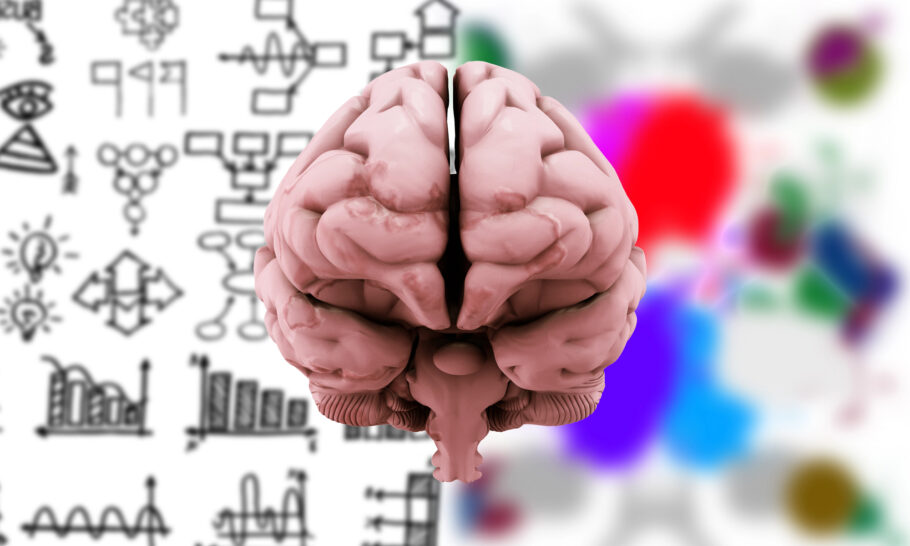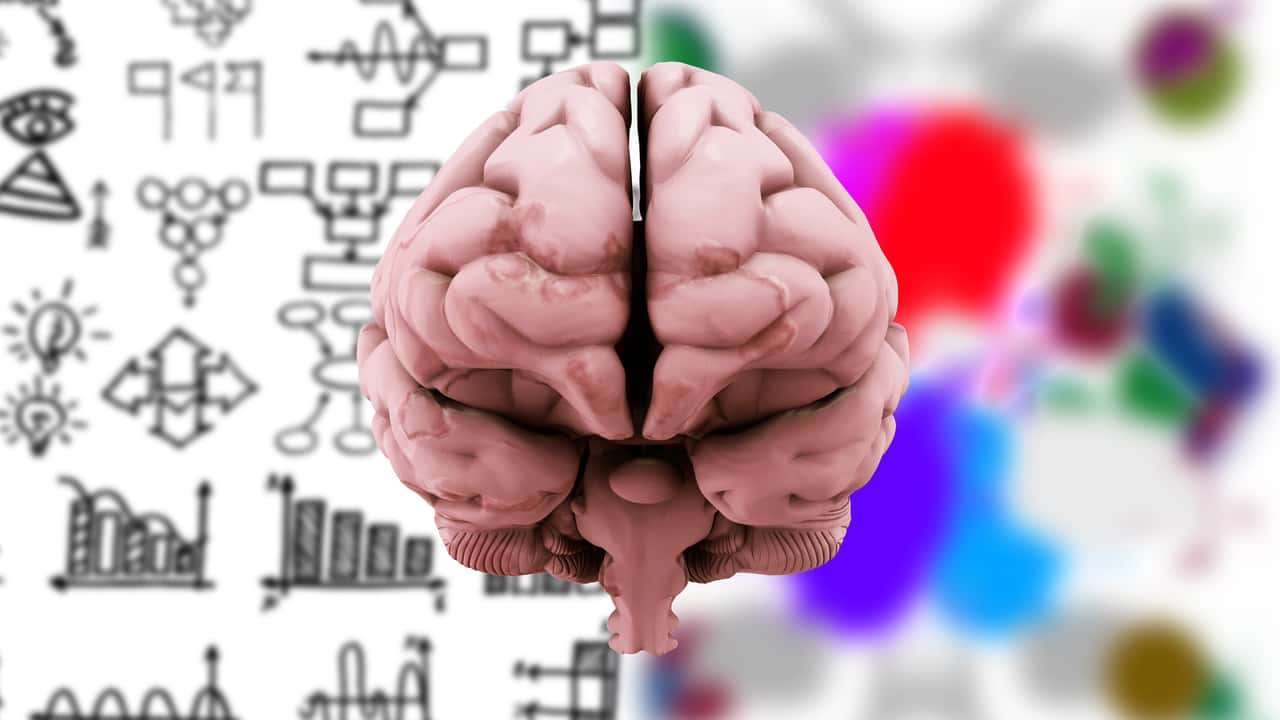In new StudyingIt is an innovative molecule that has been shown to restore cognitive function in mice with symptoms of Alzheimer's disease.
According to the researchers, the molecule was able to activate memory circuits in the brain.
If proven to have similar effects in humans, the candidate compound would be a novelty among Alzheimer's treatments for its ability to boost memory and cognition.
The research team published the article with the results in the journal The Proceedings of the National Academy of Sciences.
molecule DDL-920 It works differently than newer drugs approved to treat Alzheimer's disease.
Lecanemab and aducanumab are drugs that remove harmful plaques that build up in the brains of patients with Alzheimer's disease.
Although removing this plaque has been shown to slow the rate of cognitive decline, it does not restore memory and cognitive impairments.

Credits: Vadarshop / DepositPhotos
Molecule that helped restore memory in mice with Alzheimer's disease could hold hope for human treatment
Discovery details
In the study, published in the Proceedings of the National Academy of Sciences, the researchers sought to find a compound that could, metaphorically, rewire the brain's memory circuitry.
To test whether this would actually improve memory and cognition, the researchers used mice that had been genetically modified to exhibit symptoms of Alzheimer’s disease. They also worked with wild mice.
Both Alzheimer's model mice and wild mice underwent cognitive tests in a maze. The maze measures how well the rodents can learn and remember the location of an escape hole.
After initial testing, the researchers administered DDL-920 orally to mice with Alzheimer's disease twice daily for two weeks.
After treatment, the model Alzheimer's mice were able to remember the escape hole in the maze at rates similar to those of wild-type mice.
Furthermore, the treated mice did not show any abnormal behavior or other side effects during the two-week period.
The team said that although the treatment was effective in mice, more work is needed to determine whether the treatment is safe and effective in humans.

“Wannabe internet buff. Future teen idol. Hardcore zombie guru. Gamer. Avid creator. Entrepreneur. Bacon ninja.”

